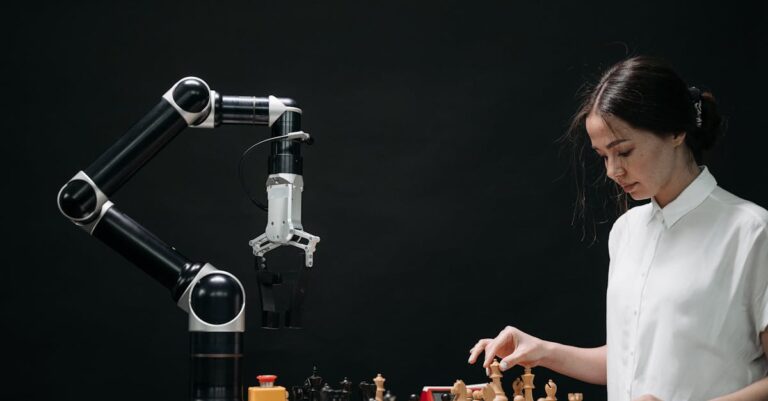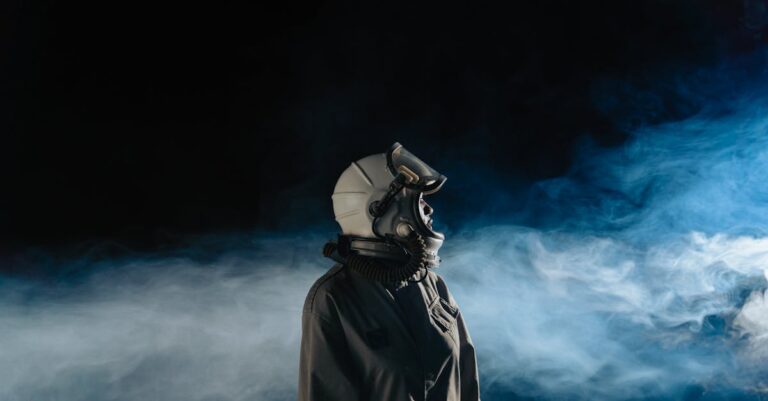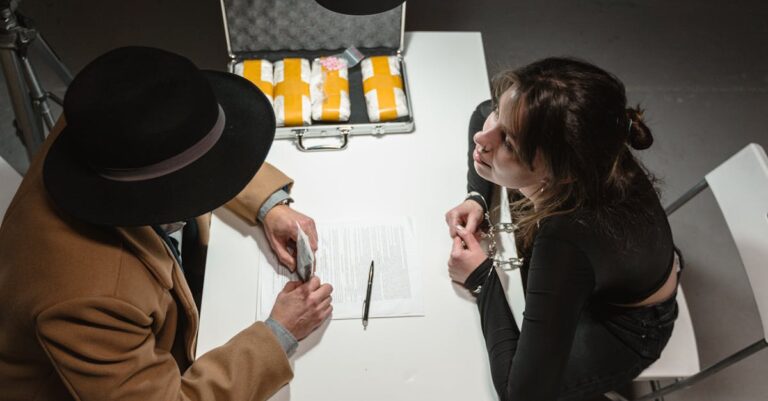
## The Stitch & Stone
The scent of jasmine hung thick, almost cloying, in the humid Charleston air. Not the sweet perfume of gardens, but a sharper, bruised fragrance clinging to damp cotton. Eliza pressed a handkerchief – one of dozens – against the chipped enamel basin, swirling it with water dyed lavender from crushed petals. Each cloth held a story, or soon would.
Her hands moved with practiced ease, fingers nimble over the delicate weave. This wasn’t about cleanliness; it was about masking. About layering scents, meanings. Beneath the floral sweetness lay another smell – ink, aged thread, and something metallic that clung stubbornly to the linen.
She wasn’t a laundress. Not anymore. She was Madame Evangeline, purveyor of fine fashion and ‘discreet alterations’ to the daughters rebuilding lives after everything fell apart. A traveling cycle, she called it – bringing style and a semblance of order to towns choked by the dust of defeat. The reality was stitched tighter than any corset stay: it was a network. A rebellion woven in silk and satin.
A rhythmic clicking cut through the floral quiet. Old Man Tiber, his weathered face a map of hard years, worked the treadle of a Singer sewing machine. He didn’t ask questions – only sharpened needles and oiled gears. He’d been a conductor on the Underground Railroad before the war, knew silence as a language.
“Another five patterns arrived from Beaufort,” he grunted, handing her the carefully folded paper. Each held a dress design – empire waists, dropped sleeves, subtly wider skirts. Styles considered ‘modern’ from the North. Styles Eliza was slowly introducing – a quiet shift, a visual defiance.
She unfolded the first pattern, her eyes scanning not the cut of the fabric but the tiny embroidered flowers along the edges. Each bloom wasn’t decorative; it was a code. A location. A name. A warning. The directives were woven into the very seams of Southern society.
“Mrs. Calhoun’s daughter is…anxious,” Eliza stated, her voice low.
Tiber didn’t look up. “Money talks, even when grieving.”
Eliza smoothed the pattern paper. The Calhoun girl – Seraphina – had lost her fiancé at Gettysburg. She needed a new wardrobe for the ‘season’ in Savannah. A facade of normalcy, bought and paid for. But beneath the silk taffeta, Seraphina needed information. Her brother was missing, presumed prisoner of war.
“Savannah is…difficult,” Eliza murmured, selecting a spool of midnight blue thread. “Northern eyes everywhere.”
The ‘fashion tutoring’ was the cover. The sewing cycle – a converted wagon laden with fabrics, notions, and Eliza’s carefully curated collection of designs – allowed her access to homes throughout the Lowcountry. She taught young women how to sew, subtly influencing their choices. More importantly, she listened.
“The quilting initiative,” Tiber offered, his hands still flying over the machine. “It grows.”
Eliza nodded. The Daughters’ Benevolent Circle, as it was known, met weekly in various towns, ostensibly to create quilts for the wounded. In reality, they assembled maps. Piece by piece, each square represented a mile of coastline, hidden roads, Confederate supply routes. Information passed in the guise of floral designs and geometric patterns.
A gentle rapping at the wagon door.
“Madame Evangeline?” a hesitant voice called.
Eliza straightened her back, smoothing the folds of her own lavender-scented gown. “Come in.”
A young woman, barely more than a girl, stepped inside. Her name was Elodie, and she clutched a worn, leather-bound sketchbook to her chest. Her eyes were red-rimmed, her face pale.
“I…I was told you could help with alterations,” she stammered, avoiding Eliza’s gaze.
“Indeed I can,” Eliza replied, her voice soothing. “What do you have in mind?”
“This dress,” Elodie said, lifting a faded silk gown. “It belonged to my mother. It’s…too tight in the waist.”
Eliza examined the dress with practiced scrutiny. The fabric was fine, but the seams were clearly altered – badly. Someone had tried to make it fashionable, to conform to northern styles, but failed miserably.
“It’s a beautiful gown,” Eliza said gently. “But you are right, the waist is constricting.”
She ran her fingers along the seams. “Tell me about your mother, child.”
Elodie’s voice trembled as she spoke of a life disrupted by war. Her father, a plantation owner, had lost everything. Her mother, once the belle of Charleston society, now struggled to maintain a semblance of dignity in a world crumbling around them.
“She wants to…blend in,” Elodie said, her voice barely a whisper. “To appear as if nothing has changed.”
“And you?” Eliza asked, her gaze direct.
Elodie hesitated. “I… I want to be different.”
A flicker of hope ignited within Eliza’s chest. “Different how?”
“I want to wear trousers,” Elodie blurted, her cheeks flushing crimson. “Like the women in New York.”
Eliza’s lips curved into a small smile. “Trousers are…practical.”
She glanced at Tiber, who nodded almost imperceptibly. This was more than just a fashion request; it was a statement. A rebellion against the constraints of Southern society.
“I can certainly alter this gown to be more…comfortable,” Eliza said, carefully choosing her words. “And perhaps we can discuss a few other…modifications.”
Later, as she worked on Elodie’s gown, Eliza carefully embroidered a single jasmine bloom onto the lining. A tiny signal. A coded message. A meeting point.
The scent of jasmine filled the wagon, no longer just a mask but a promise. A whisper of defiance in a world desperate for change.
That evening, under the cloak of darkness, Eliza met with Seraphina Calhoun in a secluded garden. The air was thick with humidity and the scent of magnolias.
“You have information about my brother?” Seraphina asked, her voice barely audible.
Eliza handed her a meticulously embroidered sewing pattern label. “The location of the prisoner-of-war camp. Near Andersonville.”
Seraphina’s eyes scanned the intricate floral design, her fingers tracing the coded message. “How…?”
“The quilting initiative,” Eliza explained. “It reaches further than you know.”
Seraphina hesitated, her gaze flickering with suspicion. “I’ve heard rumors about your…business.”
“Rumors are often exaggerated,” Eliza said calmly. “But I offer a service. Discretion, assistance…hope.”
“And what do you require in return?” Seraphina asked, her voice sharp.
Eliza’s gaze met hers directly. “Information. About the Northern blockade runners operating near Charleston Harbor.”
Seraphina’s silence stretched, thick and heavy. She was weighing the risks, calculating the cost of trust.
“My brother’s fate is more important than any blockade runner,” she finally said, her voice firm.
Eliza nodded slowly. “Then we have an understanding.”
She handed Seraphina a small, intricately embroidered handkerchief. “A signal to your allies.”
The scent of jasmine clung to the fabric, a silent promise. A whisper of rebellion in a world desperate for change.
Days turned into weeks, and the sewing cycle continued its journey through the Lowcountry. Eliza’s network grew stronger, reaching further into the shadows. She received reports from her allies – coded messages hidden in quilts and embroidery patterns, whispered conversations disguised as fashion advice.
The quilting initiative was thriving, the Daughters’ Benevolent Circle assembling a detailed map of Confederate supply routes. The information was crucial, helping to disrupt Northern operations and provide assistance to those in need.
But the scrutiny was increasing. Suspicion hung heavy in the air, fueled by rumors and Northern intelligence reports.
One evening, a stern-faced Union officer approached Eliza’s wagon. Captain Harding. He was known for his ruthlessness, his unwavering dedication to the Union cause.
“Madame Evangeline,” he said coldly. “I’ve been hearing…interesting things about your business.”
Eliza met his gaze directly, her composure unwavering. “I am simply a purveyor of fine fashion, Captain.”
“And yet I understand you cater specifically to the daughters of…prominent Southern families,” he said, his voice sharp.
“I offer a service to those who can afford it,” Eliza replied calmly.
“And what kind of service is that?” he asked, his eyes scanning the wagon with suspicion.
Eliza hesitated for a moment. “I teach them how to sew, Captain.”
“Sewing,” he repeated skeptically. “That’s all?”
She glanced at Tiber, who stood silently by the sewing machine, his weathered face a mask of composure.
“Indeed,” Eliza said firmly. “Just sewing.”
Captain Harding’s silence stretched, thick and heavy. He was waiting for her to falter, to reveal the truth.
But Eliza held his gaze, her composure unwavering. She had built a network of trust, protected by layers of deception and code.
“Very well,” Captain Harding said finally. “But I will be watching you, Madame Evangeline.”
He turned and walked away, leaving Eliza standing in the shadows.
She knew she was walking a dangerous line. But she had come too far to turn back now.
The scent of jasmine filled the wagon, no longer just a mask but a promise. A whisper of defiance in a world desperate for change.
The work continued, each stitch concealing a message, each pattern weaving a rebellion. The Daughters were assembling their final map, and Eliza was preparing for the next cycle. The fight wasn’t about silk or fashion; it was about survival, resilience, and the quiet defiance of women rebuilding a world broken by war.


